Rising Demand in Healthcare
The healthcare sector's growing reliance on industrial gases significantly impacts the industrial gases market in Europe. Medical gases, such as oxygen and nitrous oxide, are essential for various applications, including anesthesia and respiratory therapies. The increasing prevalence of chronic diseases and the aging population are driving this demand. In 2025, the healthcare segment is projected to account for approximately 20% of the total industrial gases market revenue in Europe. This trend suggests that companies focusing on the healthcare applications of industrial gases may experience substantial growth opportunities, thereby influencing overall market dynamics.
Investment in Renewable Energy
Investment in renewable energy sources is emerging as a significant driver for the industrial gases market in Europe. The transition towards cleaner energy solutions, such as hydrogen production and carbon capture technologies, necessitates the use of various industrial gases. As governments and private entities allocate substantial funds towards renewable projects, the demand for gases like hydrogen is expected to surge. By 2025, the renewable energy sector could account for nearly 10% of the industrial gases market revenue. This trend indicates that companies involved in the production and supply of industrial gases must strategically align with the renewable energy initiatives to capitalize on this growing market segment.
Regulatory Compliance Pressure
The industrial gases market in Europe is experiencing heightened pressure from regulatory compliance, particularly concerning environmental standards. Stricter regulations aimed at reducing greenhouse gas emissions and promoting cleaner production processes compel companies to adopt more sustainable practices. This shift not only influences operational costs but also drives innovation in the development of low-emission gases. As a result, the market is likely to see an increase in demand for gases that meet these stringent regulations, potentially leading to a market growth rate of around 5% annually. Companies that proactively align with these regulations may gain a competitive edge, thereby shaping the future landscape of the industrial gases market.
Growth in Manufacturing Activities
The resurgence of manufacturing activities across Europe is a pivotal factor influencing the industrial gases market. As industries such as automotive, aerospace, and electronics ramp up production, the demand for industrial gases, including argon and helium, is likely to increase. The manufacturing sector is projected to contribute approximately 30% to the overall market growth in 2025. This trend suggests that companies supplying industrial gases must enhance their production capabilities and logistics to meet the rising demand, thereby positioning themselves favorably in a competitive landscape.
Expansion of Food and Beverage Sector
The food and beverage sector's expansion in Europe is a crucial driver for the industrial gases market. Gases such as carbon dioxide and nitrogen are extensively used in food preservation, packaging, and carbonation processes. As consumer preferences shift towards convenience foods and packaged products, the demand for these gases is expected to rise. In 2025, the food and beverage segment is anticipated to represent around 15% of the total market share. This growth indicates that suppliers of industrial gases must adapt their offerings to meet the evolving needs of this sector, potentially leading to increased competition and innovation within the market.


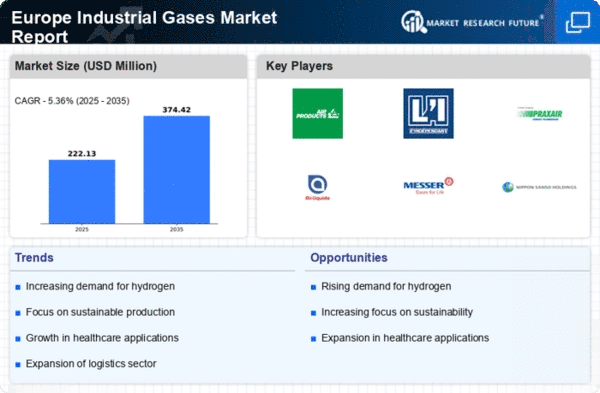
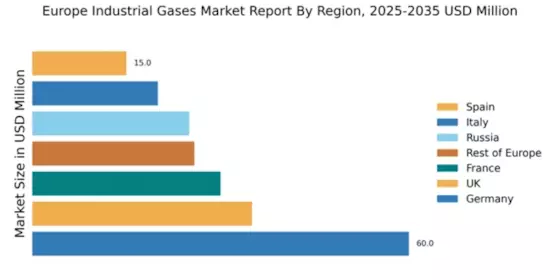
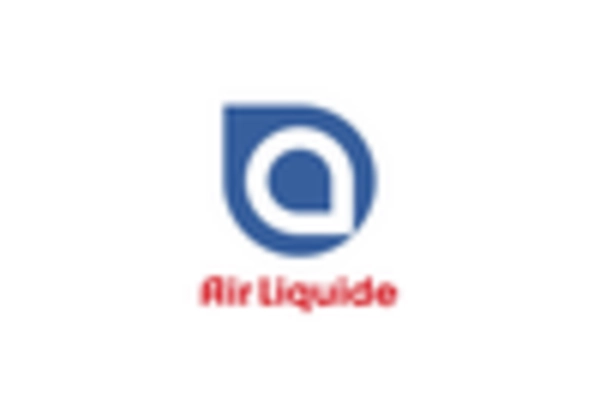
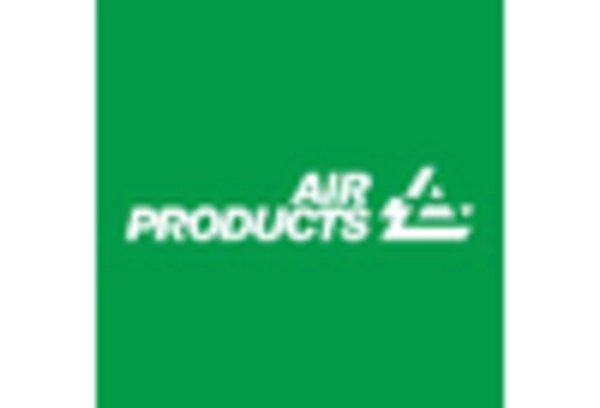
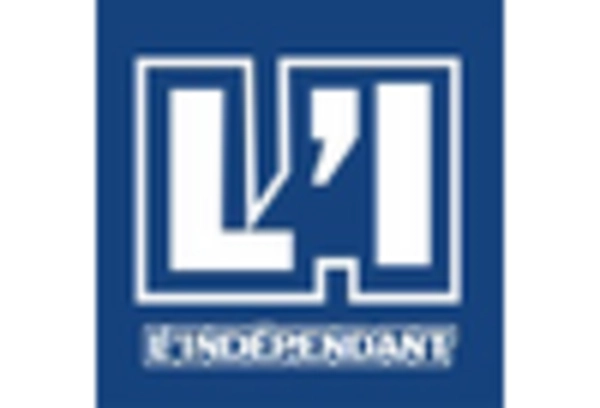
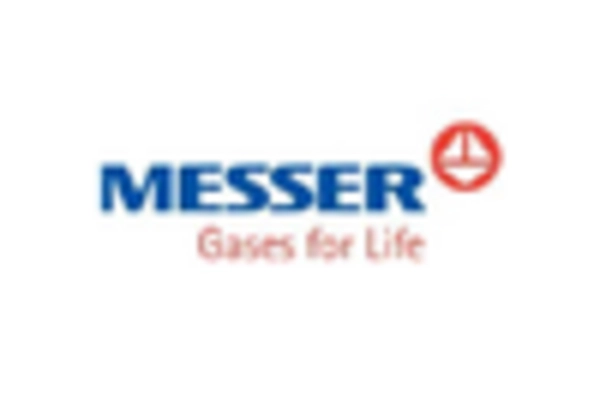
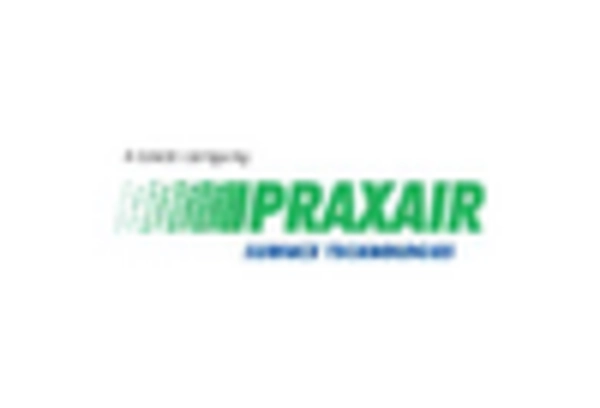
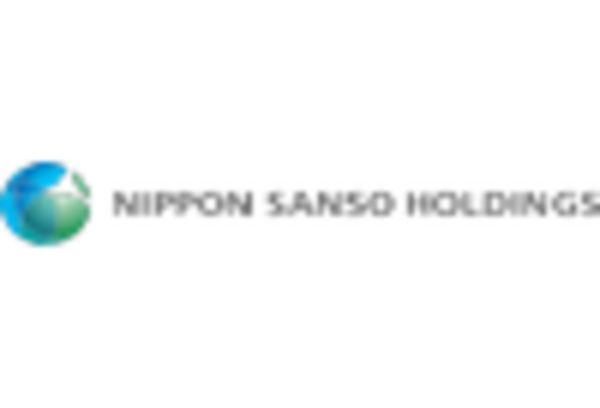








Leave a Comment